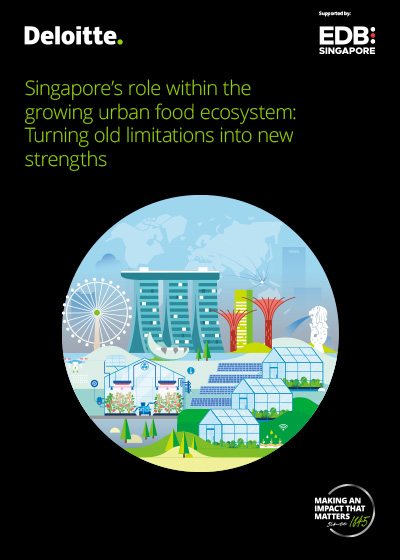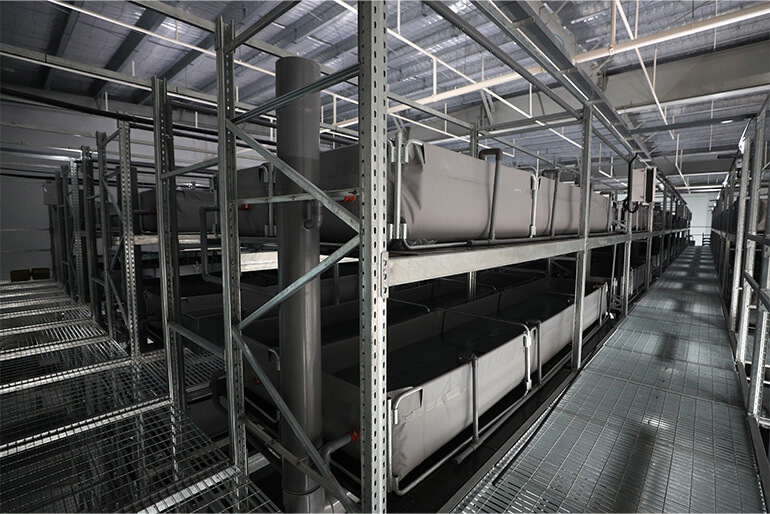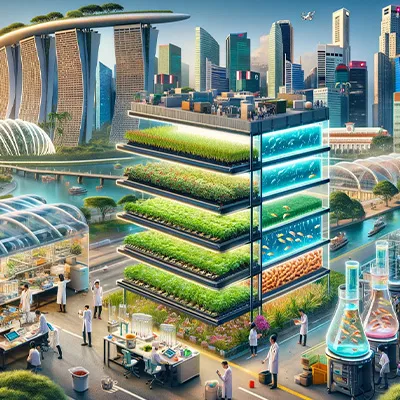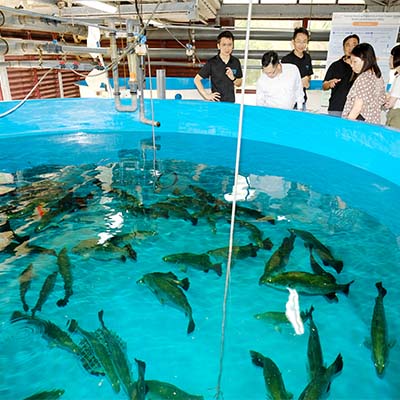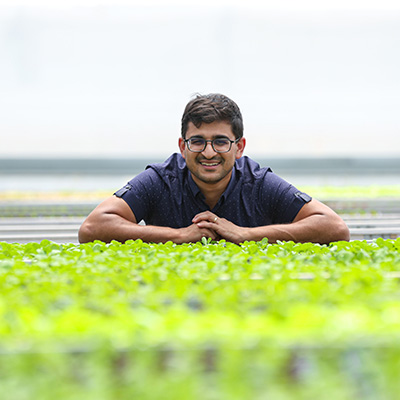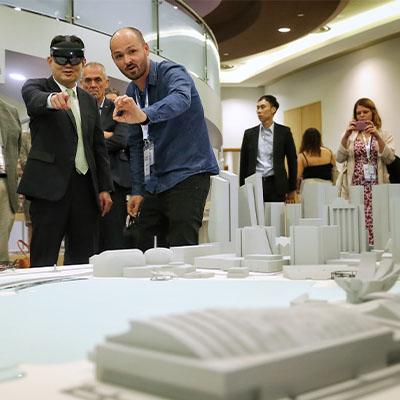Fish and vegetable farming have already gone high-rise in land-scarce Singapore. Now, another type of farming has gone vertical.
When the first harvest from Universal Aquaculture's Tuas South Link facility is ready come June, the sweet, juicy flesh of live vannamei prawns will be much easier to get hold of.
For a start, the farm will be able to produce between 150kg and 200kg a day of the crustacean - also known as Pacific white shrimp, white-legged shrimp, king prawn, or bai xia.
But as the high-tech system is modular and can be easily deployed in a larger industrial plot, Chief Executive Jeremy Ong said some 1,000kg of the prawns can be produced per day when the firm opens an additional site sometime in the third quarter of next year.
Universal Aquaculture is among the farms here that can benefit from the new $60 million Agri-Food Cluster Transformation Fund, details of which were released last week during the debate over the budget of the Ministry of Sustainability and the Environment.
It replaces the Agriculture Productivity Fund.

